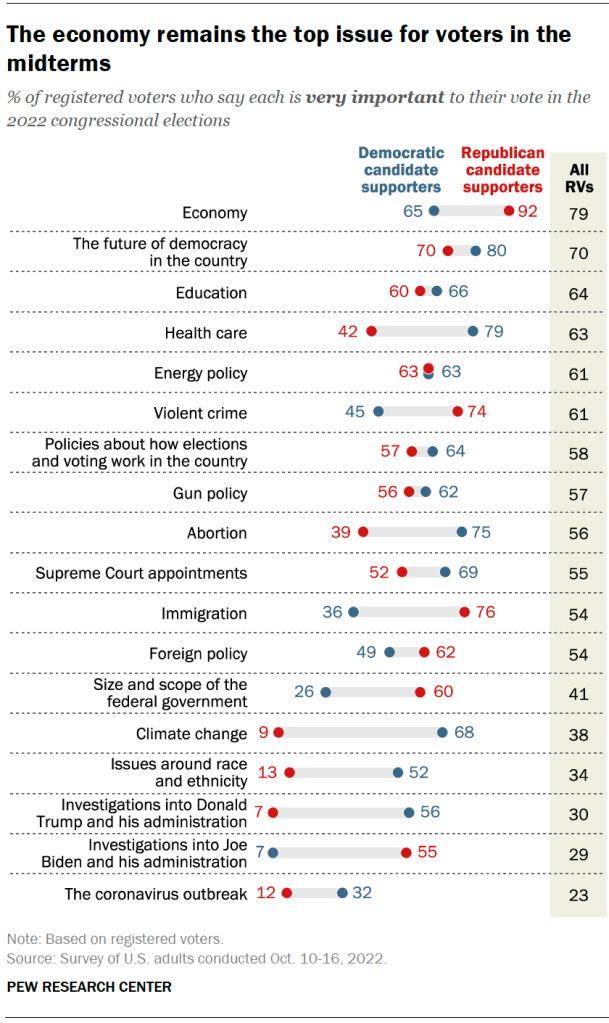Definitely disagree - LBJ passed Medicare and Medicaid and massive funding for poverty and education programs. This list is insane by modern standards, and a good part still remains:
https://en.wikipedia.org/wiki/Great_Society#The_major_policy_areas
I'd say even the EPA, passed with veto-proof numbers under Nixon, was a bigger deal. And finally Obamacare is probably an equal, idk.
...
There is an almost purely negative case to be made for him - on the domestic front, Trump is probably worse. But I've got tired of posting links to things here related to climate change and immigration where his administration has repeatedly chosen the right-wing path. To silence from most of those filling the last page. I'm going to assume that they don't care about specific policy much for presidents - fair enough, there's a good case that no matter if Biden "shoots somebody on 5th avenue", Trump is by default worse.
On foreign policy, where presidents have much more leeway than anything else, there's not much to be added to the obvious current thing. In the 2.5 years leading up to this, he hasn't reversed course on Iran or Cuba or the embassy in Jerusalem or sanctions on China.
After the first few months, where he pushed some ambitious stuff that was later killed in the senate, he has consistently gone for centre-right policy. On climate change, immigration, foreign policy.
That's his prerogative. He won from the suburbs. The suburbs aren't radical. They like their centrists. They like steady hands. That's what his policy (if not his person) points to.
Just as pushing M4A or defunding Israel or whatever has huge political drawbacks, so does this strategy - not everybody is a 45 year old college degree homeowner outside Atlanta. Nobody in the Bernie campaign expected to sweep the suburbs. Given his actions, he seems to have made the trade-off that the suburban vote is more important than, for example, the youth or Hispanic vote. He is probably right. Those are less likely to vote and more likely to buckle under pressure to "vote the right way". TINA! But the cost of reducing support in his other bases seems very hard to accept for his supporters.



